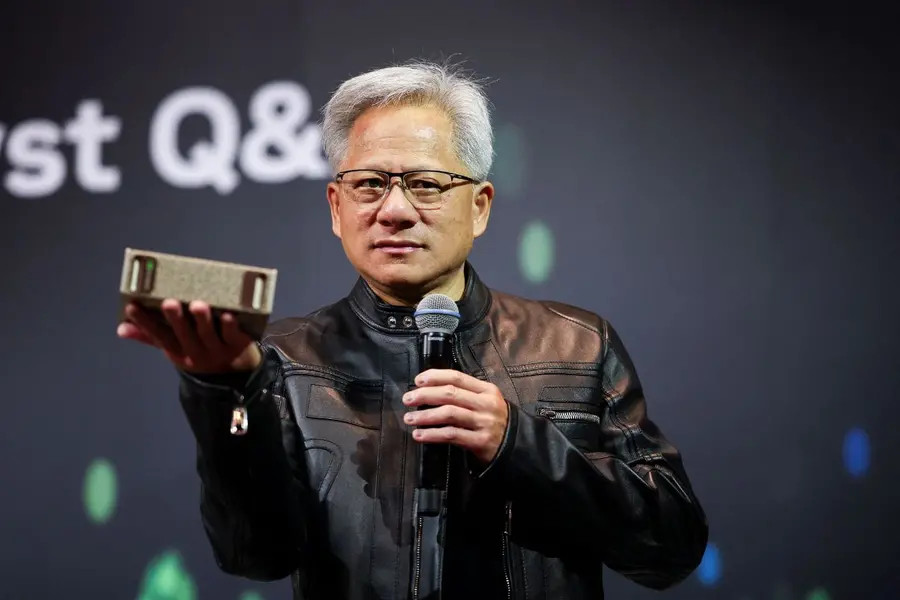Previously, the White House under President Joe Biden had announced restrictions on sales of Nvidia’s H20 chips and AMD’s MI308 chips to China
Beijing: Nvidia CEO Jensen Huang announced on Monday that the technology giant has secured approval from the Trump administration to sell its advanced H20 computer chips, essential for artificial intelligence development, to China. The news, shared in a company blog post and by Huang on China’s state-run CGTN television network (aired on X), signals a significant shift in US tech export policy towards Beijing.
Huang emphasised the importance of American companies competing and serving the Chinese market, noting that “half of the world’s AI researchers are in China” and that the country is “so innovative and dynamic.” His announcement comes as he attends a supply chain conference in Beijing this week, following recent meetings with Trump and other US policymakers. The broadcast showed Huang meeting with Ren Hongbin, head of the China Council for Promotion of International Trade.
Nvidia has seen immense growth from the rapid adoption of AI, recently becoming the first company to surpass a $4 trillion market value. However, the escalating trade rivalry between the US and China has heavily impacted the semiconductor industry.
Washington has progressively tightened controls on advanced technology exports to China, citing national security concerns over potential military applications. These concerns were reignited by the emergence of China’s DeepSeek AI chatbot in January.
Previously, the White House under President Joe Biden had announced restrictions on sales of Nvidia’s H20 chips and AMD’s MI308 chips to China, part of an attempt to balance national security with economic interests. Nvidia had projected that these tighter controls would cost the company an additional $5.5 billion.
Huang, along with other technology leaders, has actively lobbied President Donald Trump to reverse these restrictions, arguing that such limits impede US competitiveness in a critical sector within one of the world’s largest tech markets. They have also cautioned that restrictive US export policies could inadvertently push other nations towards China’s own AI technology.
With inputs from AP
Subscribe to our Newsletter
Disclaimer: Kindly avoid objectionable, derogatory, unlawful and lewd comments, while responding to reports. Such comments are punishable under cyber laws. Please keep away from personal attacks. The opinions expressed here are the personal opinions of readers and not that of Mathrubhumi.

